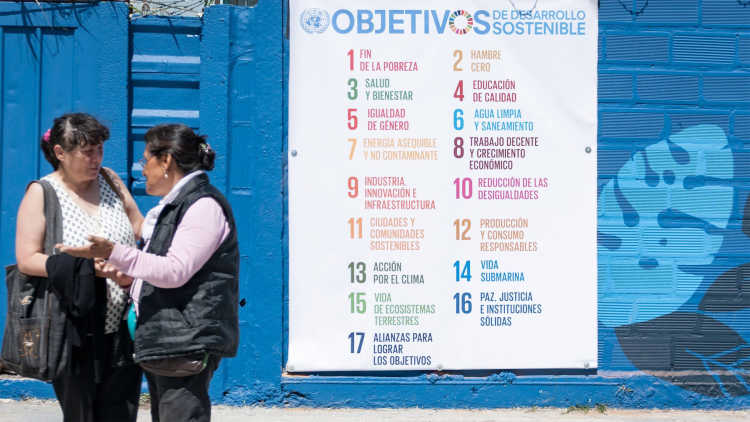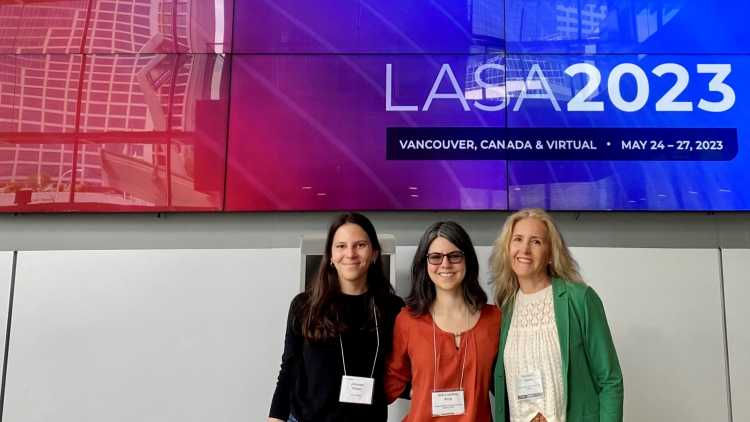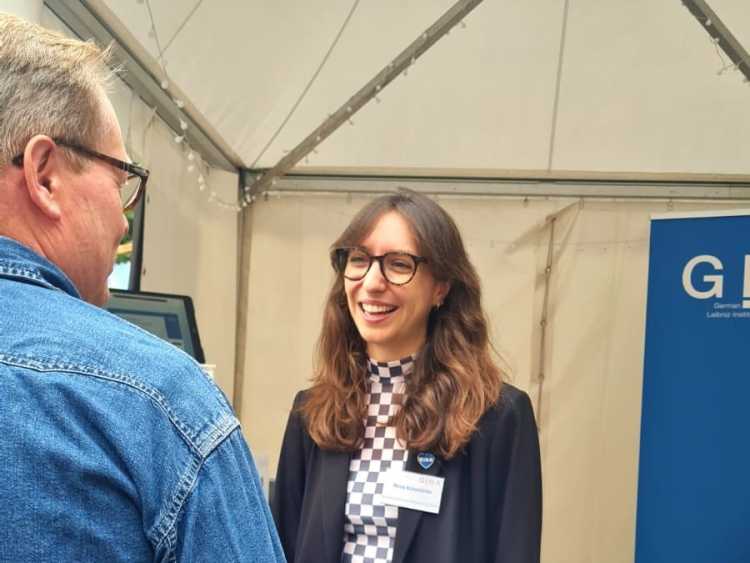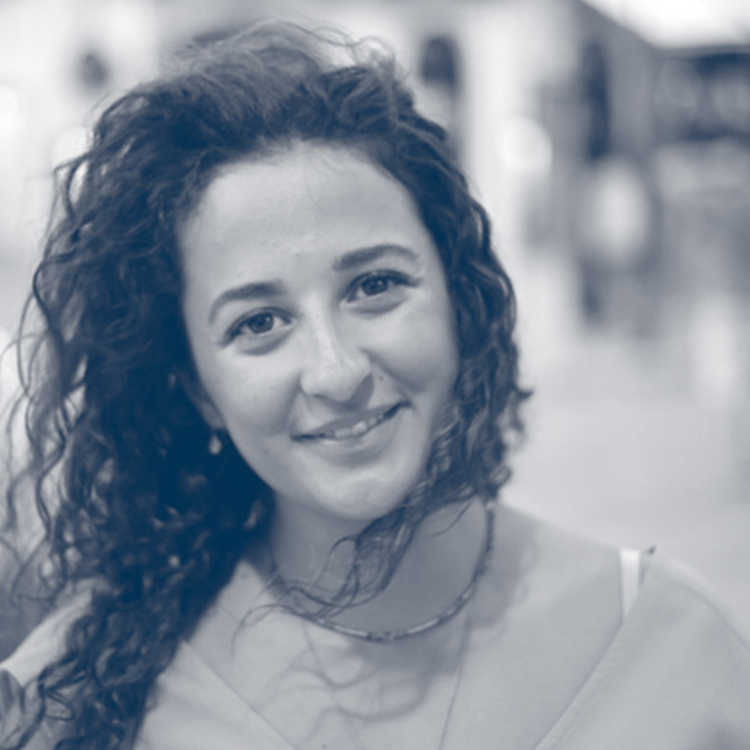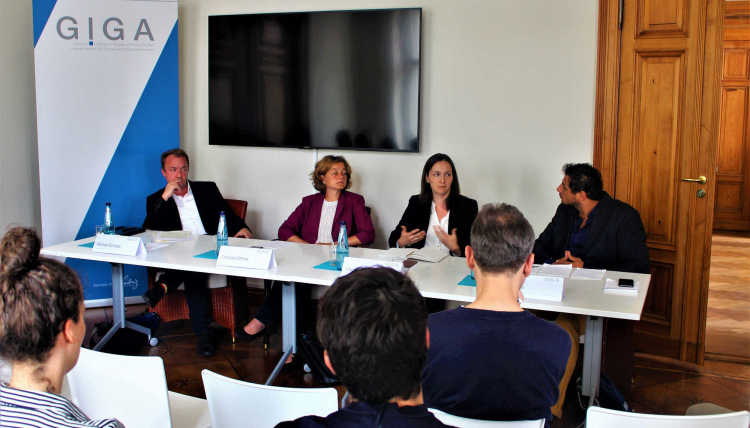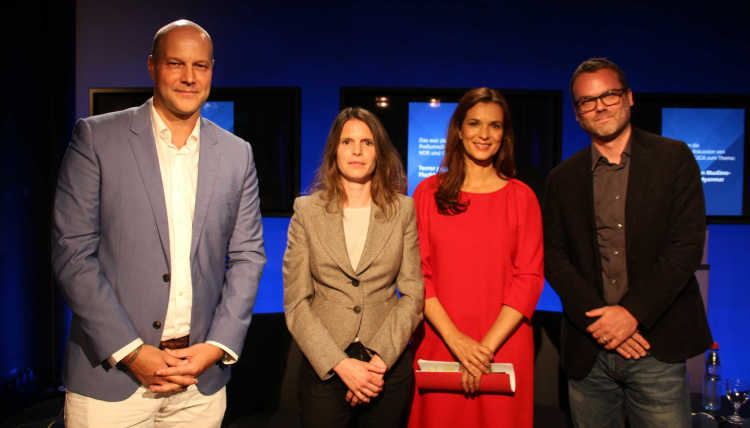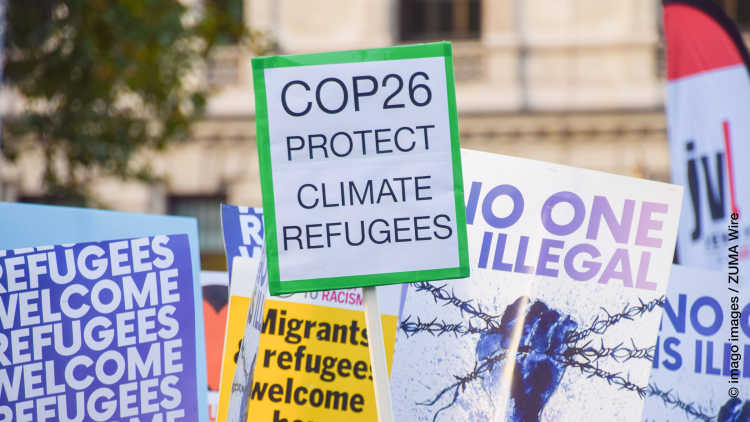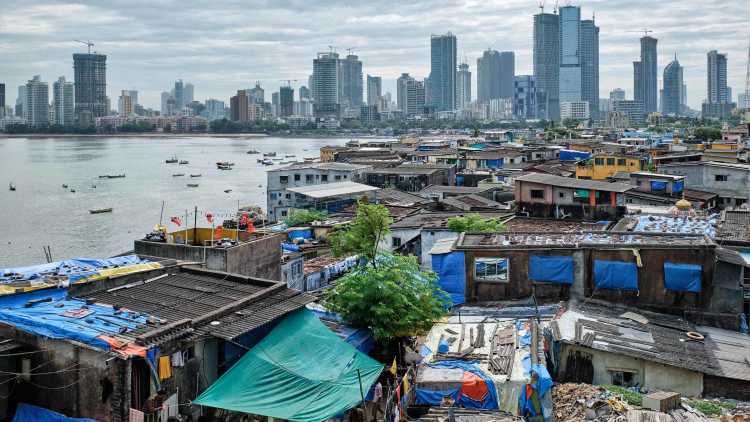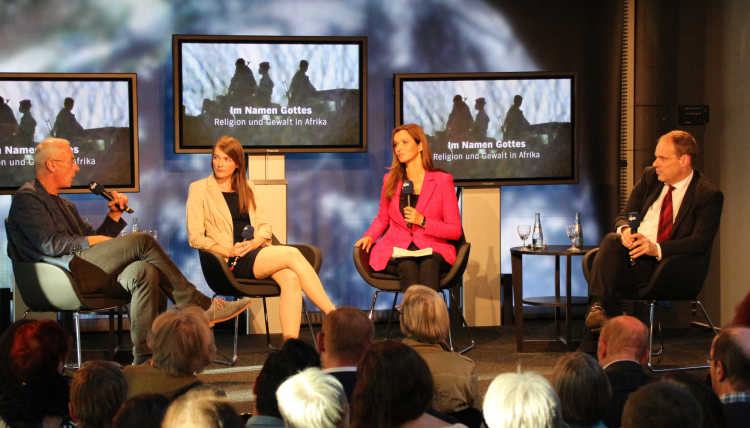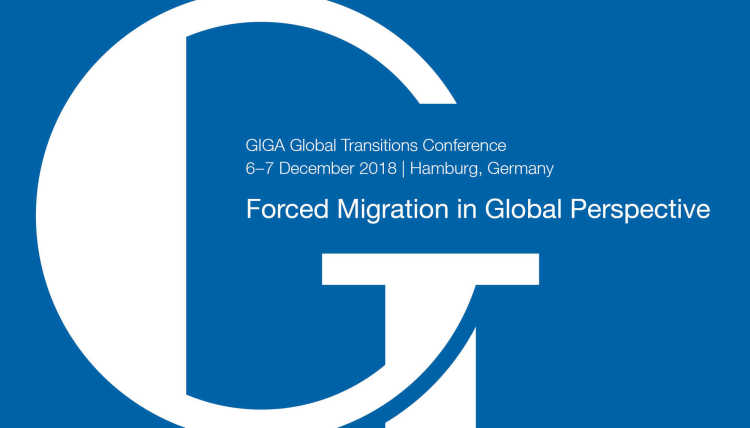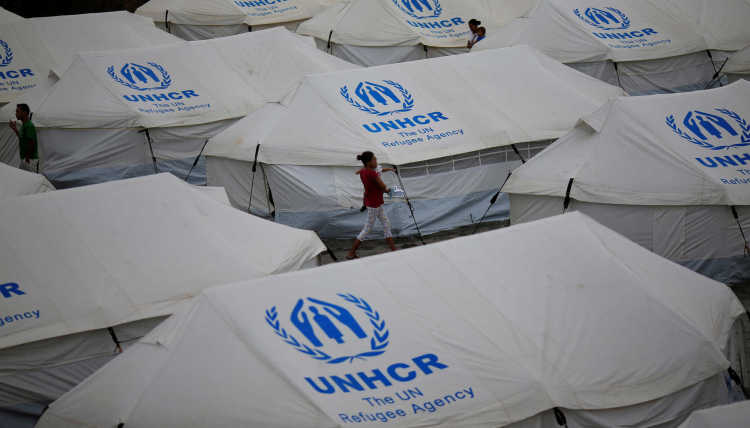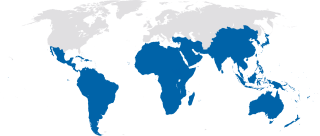- Home
- Research & Transfer
- Featured Topics and Countries
- Unpacking the Global Phenomenon of Forced Migration
Unpacking the Global Phenomenon of Forced Migration
Approximately 80 million people worldwide are currently displaced due to war or political violence. Millions more have fled their homes because of environmental disasters and socio-economic marginalisation. As there is no immediate end in sight, forced migration is one of the most pressing challenges facing world politics today. We focus on the causes of this phenomenon in our study regions.

Experts
Contact
Current Research
Countries and Regions
-
Regional Explanations for Authoritarianism
-
Statethood and Political Domination in the Middle East (with a focus on Jordan and Syria)
-
The War in Syria
-
Regional Politics and the Relationship between Arabism and Islamism
-
Jordan
-
Syria
-
Palestine/Israel
-
Turkey (Near East Politics)
- Human mobility within and from the Global South
- Forced migration governance
- Climate-related mobility
- Syria
- Jordan
- Lebanon
- Israel/Palestine
- Turkey (refugee policy)
-
Migration Policy of EU
-
Persistence of Authoritarian Regimes
-
Militarisation
-
Diasporas and sanctions
-
Peace and conflict studies
-
Eritrea
-
Ethiopia
-
Djibouti
-
Migration and Refugee Studies
-
Critical Citizenship Studies
-
Border Regimes
-
Political Agency
-
Civil Society Organisations
-
Latin America
-
Central America
-
Mexico
-
Religion and National Identity
-
Marginalization and Social Inequality
-
Borderlands
-
Transitional Justice
-
Kinship and Ambiguous Loss
-
Middle East
-
Tunisia
- Executive Personalization
- Global Political Economy
- Structural Adjustment and Sectoral Transformation
- Institutional and Material Determinants of Authoritarian Rule
- Shrinking Civic Spaces
- Small Gulf Monarchies
- Middle East and North Africa
In Brief
Research Projects
Publications
Events
Media Contributions
Lectures
President (ad interim)
Prof. Dr. Sabine Kurtenbach is President (ad interim) of the GIGA.






